Keywords: University Of Melbourne
-
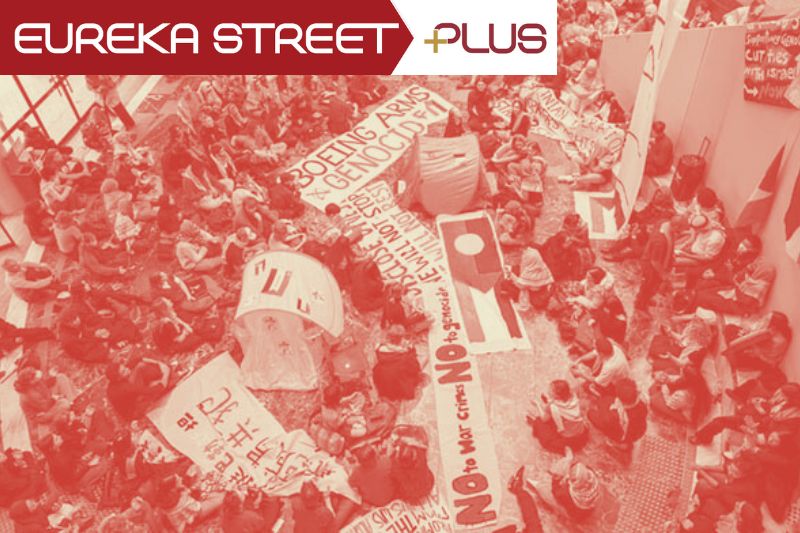
AUSTRALIA
In response to campus protests, universities erred on the side of free speech when every other day, the prevailing ethos is one of ‘safetyism’, namely suppressing speech or inquiry if an identity group frames it as ‘harmful’ to them. Universities should strive to be uncomfortable and ‘unsafe’ for all, with no identity immune from robust scrutiny.
READ MORE 
-

AUSTRALIA
- Barry Gittins
- 24 May 2024
1 Comment
In the latest Quarterly Essay profile of Peter Dutton, author Lech Blaine may well describe his work as character delineation, rather than character assassination. But we seem to be at an impasse in Australian market of ideas, and scorn gives greater bang for the buck than dialogue.
READ MORE 
-

ARTS AND CULTURE
- Paul Mitchell
- 10 May 2024
2 Comments
Les Murray once confessed it was his mission to 'irritate the hell out of the eloquent who would oppress my people,' by being a paradox that their categories can’t assimilate: the Subhuman Redneck who writes poems. And therein lies the ‘poem’ of Les Murray: complex, contradictory, sublime, and sometimes ready to whip his enemies with a scorpion’s tail.
READ MORE 
-

ECONOMICS
It is a truism to say that the way money is constructed defines the power structure under which we live. But allowing private actors to manipulate and game the financial system has not just given them extraordinary power, it has undermined the way money itself is understood.
READ MORE 
-
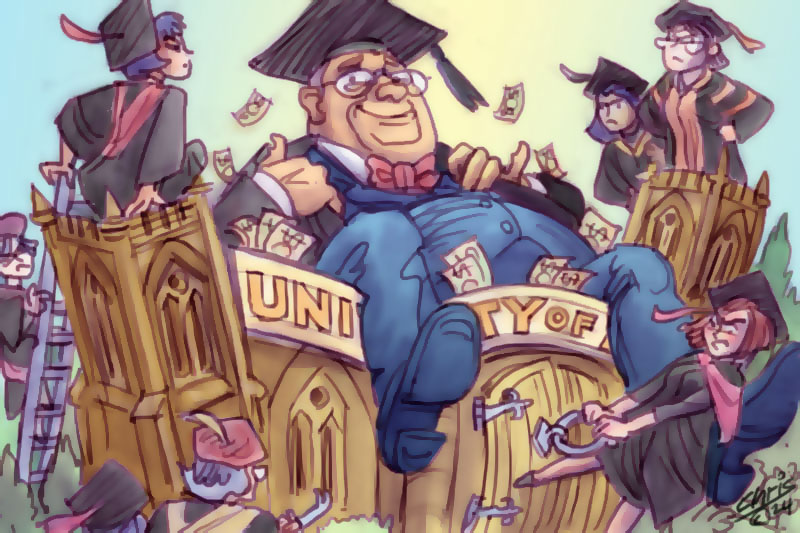
EDUCATION
- Erica Cervini
- 02 May 2024
In 1883, Bella Guerin became the first woman to earn a degree in Australia, a milestone for women in higher education. Today, women make up a majority of university students and staff, yet disparities in pay and representation persist.
READ MORE
-
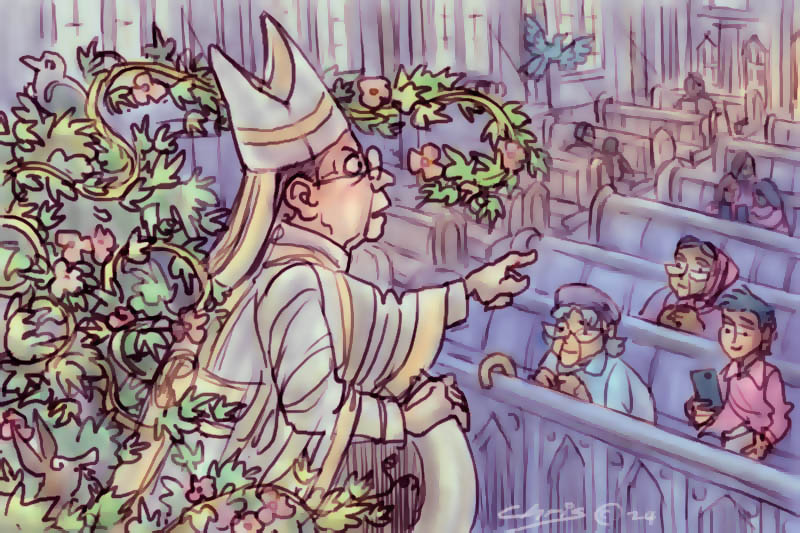
RELIGION
- John Warhurst
- 01 May 2024
33 Comments
The relationship between the Catholic church and the Greens has been one marked by near constant antagonism. Are there any consequences from this for either the church or the party?
READ MORE
-
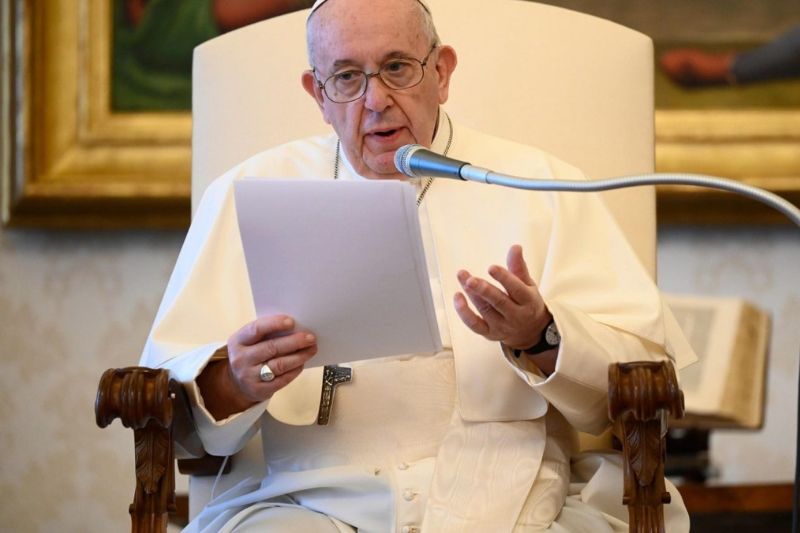
RELIGION
The recent Vatican declaration 'Dignitas Infinita' aims to provide a response to pressing bioethical and social issues, from abortion and euthanasia to gender theory and the rights of migrants. But does it effectively bridge the gap between doctrine and the lived experiences of the marginalised?
READ MORE
-
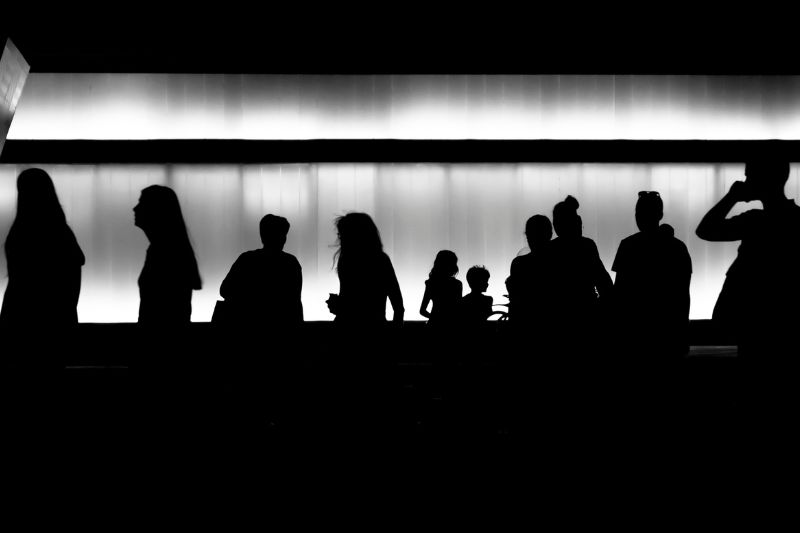
EDUCATION
- Michael Furtado
- 20 March 2024
6 Comments
As challenges to anti-discrimination exemptions are likely to persist within Catholic education, how can the government and religious institutions collaborate effectively to balance the freedom of expressing religious beliefs with safeguarding the rights and freedoms of everyone involved?
READ MORE
-

EDUCATION
- Erica Cervini
- 06 March 2024
2 Comments
By 2012, when the federal government first started reporting on staff-to-student ratios in universities, there was one academic for every 20 students. The most recent data, from 2021, shows that figure had increased to 23. As Australian students return for the new academic year, it will surely come as no surprise to find that ratio has worsened.
READ MORE
-

AUSTRALIA
- John Chesterman and Ilan Wiesel
- 01 March 2024
1 Comment
The key to combatting increasing levels of loneliness and social isolation will likely start in the way we think about cities, public spaces and social care to enable meaningful connections between people, and help to guard against harms caused by habitual loneliness. But we'll need to get creative.
READ MORE 
-
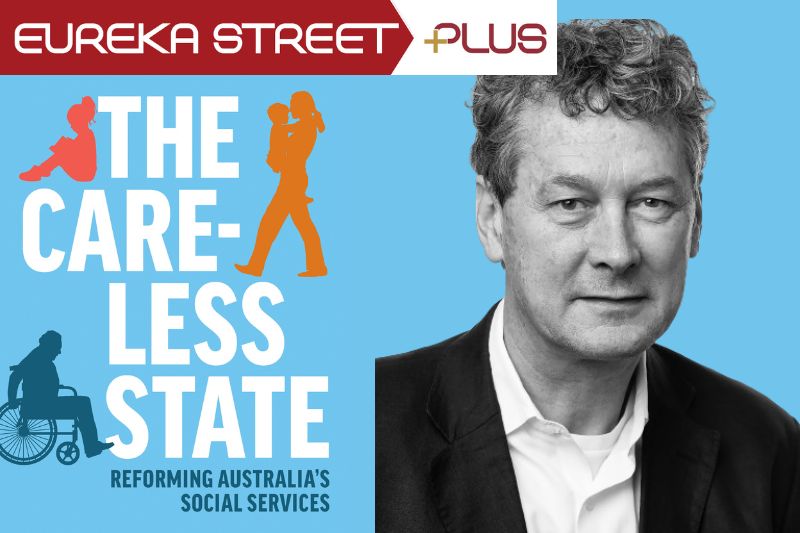
AUSTRALIA
- David Halliday
- 28 February 2024
1 Comment
The main purpose of government is to promote the welfare of its people. And yet over the last few decades, through numerous inquiries, it’s become clear that the Australian government has failed to provide services for the Australian population as well as might be expected.
READ MORE
-
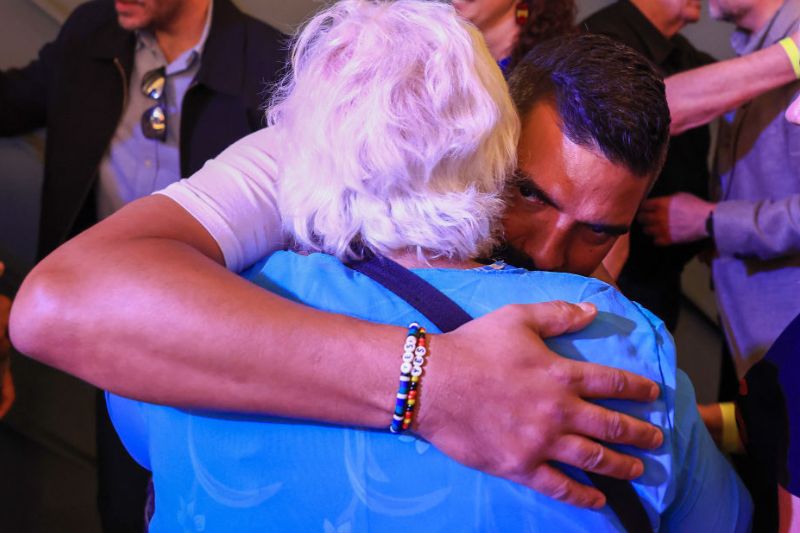
AUSTRALIA
- Brian McCoy
- 14 February 2024
1 Comment
Months after the referendum, can we allow this referendum to die while preserving the essence of its vision and optimism? This is akin to our response to the loss of a loved one — we hold onto their memory, reluctant to let go. How do we keep the deeply treasured aspirations of the referendum journey alive while facing the reality of its death?
READ MORE